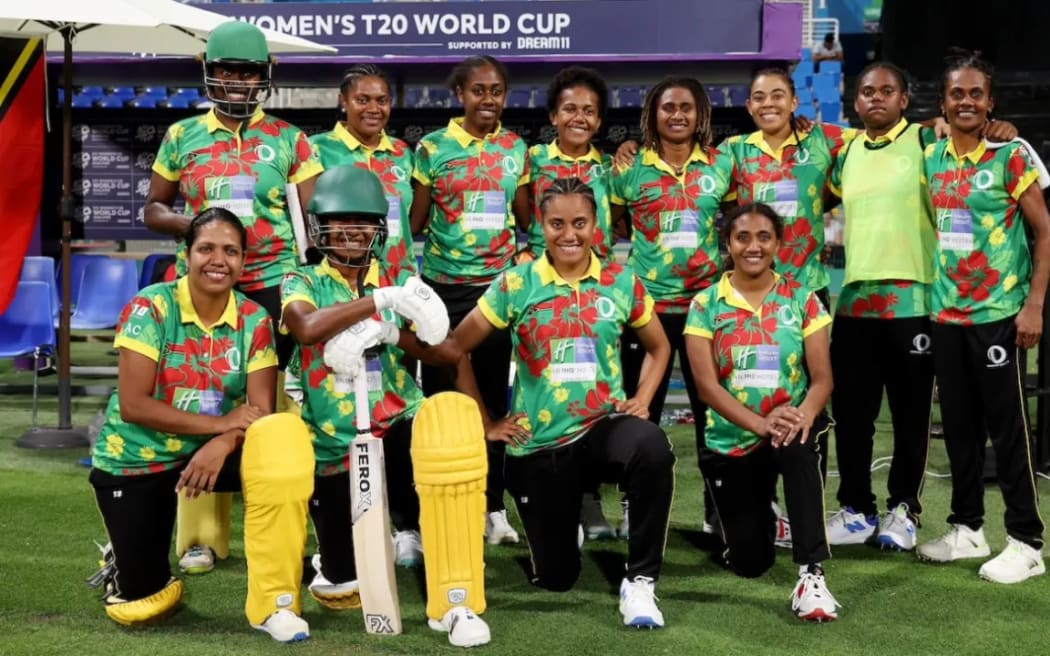Understanding Pasifika Sipoti: April 4th In Focus

Table of Contents
H2: The Historical Context of April 4th and its Relevance to Pasifika Sipoti
While a specific, universally recognized historical event directly tying April 4th to Pasifika Sipoti across all islands may not exist, the date itself serves as a powerful opportunity for reflection and celebration within the broader context of Pasifika history. April 4th can be viewed as a symbolic date, a time to commemorate the ongoing journey and resilience of Pasifika peoples. The origins and evolution of Sipoti itself are varied, reflecting the diverse cultures of the Pacific Islands. Sipoti, meaning "celebration" or "feast" in some Pacific Island languages (the exact meaning varies across different dialects and island nations), is a broad term encompassing a wide range of communal gatherings and festivities.
- Specific historical events potentially linked to April 4th: While no single overarching event is tied to April 4th for all Pasifika communities, individual island nations may have significant historical anniversaries or commemorations falling around this time, contributing to the overall spirit of remembrance and celebration. Researching specific island nations' histories is crucial for understanding local connections.
- Key figures or movements related to Pasifika heritage and Sipoti: The celebration of Sipoti often involves remembering and honoring ancestral figures and leaders who played crucial roles in preserving and promoting Pasifika culture and traditions. These individuals serve as powerful symbols of identity and resilience.
- Evolution of Sipoti traditions across different Pacific Island nations: Sipoti traditions have evolved over time, adapting to changing circumstances while preserving core cultural values. The specifics of Sipoti celebrations – from the food served to the music and dance performed – can vary dramatically from one island nation to another, reflecting the unique cultural heritage of each community.
H2: Understanding the Meaning and Significance of Sipoti
Sipoti represents much more than just a gathering; it's a powerful expression of community, identity, and cultural continuity. The term encompasses a broad spectrum of celebratory events, often marked by communal feasting, music, dance, storytelling, and the sharing of ancestral knowledge. The specific meaning and significance of Sipoti vary across different Pasifika communities.
- Different interpretations of Sipoti across various island nations: In some cultures, Sipoti might mark a harvest festival; in others, it could commemorate a significant historical event or honor ancestral spirits. Each island’s unique interpretation adds depth and richness to the overall concept.
- Key symbols used in Sipoti celebrations: Symbols such as specific plants, animals, or colors can carry deep cultural significance within Sipoti celebrations, often representing ancestral connections or spiritual beliefs.
- Rituals or ceremonies performed during Sipoti observances: Many Sipoti celebrations include specific rituals and ceremonies, such as traditional dances, chants, or offerings, which reinforce the cultural and spiritual significance of the event.
H2: Celebrating Pasifika Sipoti on April 4th: Traditions and Practices
While the specific date of April 4th may not be universally associated with a particular Sipoti celebration across all Pacific Islands, utilizing the date to highlight and celebrate Pasifika culture overall is highly significant. Communities frequently use this opportunity for larger gatherings.
- Specific examples of traditional food consumed during Sipoti: The food served during Sipoti celebrations is often a central element, featuring traditional dishes passed down through generations, reflecting the abundance of the land and sea.
- Types of music and dance performed to celebrate Sipoti: Music and dance play a vital role in Sipoti celebrations, serving as powerful expressions of joy, community, and cultural identity. The styles vary widely across the different island nations.
- Stories and legends shared during Sipoti celebrations: Storytelling is a cherished tradition within Pasifika communities, with stories and legends shared during Sipoti celebrations to pass on knowledge and maintain cultural continuity.
- Modern adaptations of Sipoti celebrations: While preserving tradition is essential, Sipoti celebrations often adapt to modern times, incorporating contemporary elements while retaining their core cultural values.
H2: The Importance of Preserving and Promoting Pasifika Sipoti
The preservation of Pasifika Sipoti and similar cultural traditions is crucial for maintaining cultural identity, strengthening community bonds, and ensuring that future generations can connect with their heritage.
- The role of community events in preserving Sipoti: Community events play a vital role in preserving and promoting Sipoti, providing opportunities to share traditions, educate younger generations, and build stronger community connections.
- The importance of teaching younger generations about Sipoti: Teaching children and young adults about the significance of Sipoti is essential for ensuring the continuity of these traditions and cultural heritage.
- Challenges to preserving Sipoti traditions and solutions: Challenges include globalization, modernization, and the impact of migration. Solutions include dedicated community programs, educational initiatives, and active support from government agencies and cultural organizations.
- Ways to actively support the Pasifika community's efforts: Individuals can support these efforts by attending community events, learning about Pasifika culture, and promoting understanding and appreciation for the rich heritage of the Pacific Islands.
3. Conclusion:
Pasifika Sipoti, while not explicitly tied to April 4th in a singular, universal way, represents the vibrant heart of Pacific Islander culture. Understanding and celebrating its many forms on April 4th or at any time provides a crucial opportunity to honor the resilience, rich history, and diverse traditions of the Pasifika community. By recognizing the importance of preserving these cultural celebrations, we contribute to a deeper understanding and appreciation of Pasifika heritage. Learn more about Pasifika Sipoti, participate in community events, and share this article to spread awareness of Pasifika Sipoti and its enduring significance. Celebrate Pasifika Sipoti!

Featured Posts
-
 Navigating The Chinese Market The Struggles Of Bmw Porsche And Other Auto Brands
May 02, 2025
Navigating The Chinese Market The Struggles Of Bmw Porsche And Other Auto Brands
May 02, 2025 -
 Newsround Bbc Two Hd What Time Is It On Tv Listings
May 02, 2025
Newsround Bbc Two Hd What Time Is It On Tv Listings
May 02, 2025 -
 Tongas Stunning Victory How They Dashed Sis Hopes
May 02, 2025
Tongas Stunning Victory How They Dashed Sis Hopes
May 02, 2025 -
 Official Lotto Lotto Plus 1 And Lotto Plus 2 Results
May 02, 2025
Official Lotto Lotto Plus 1 And Lotto Plus 2 Results
May 02, 2025 -
 Ai Powered Podcast Creation Turning Repetitive Scatological Texts Into Engaging Audio
May 02, 2025
Ai Powered Podcast Creation Turning Repetitive Scatological Texts Into Engaging Audio
May 02, 2025
